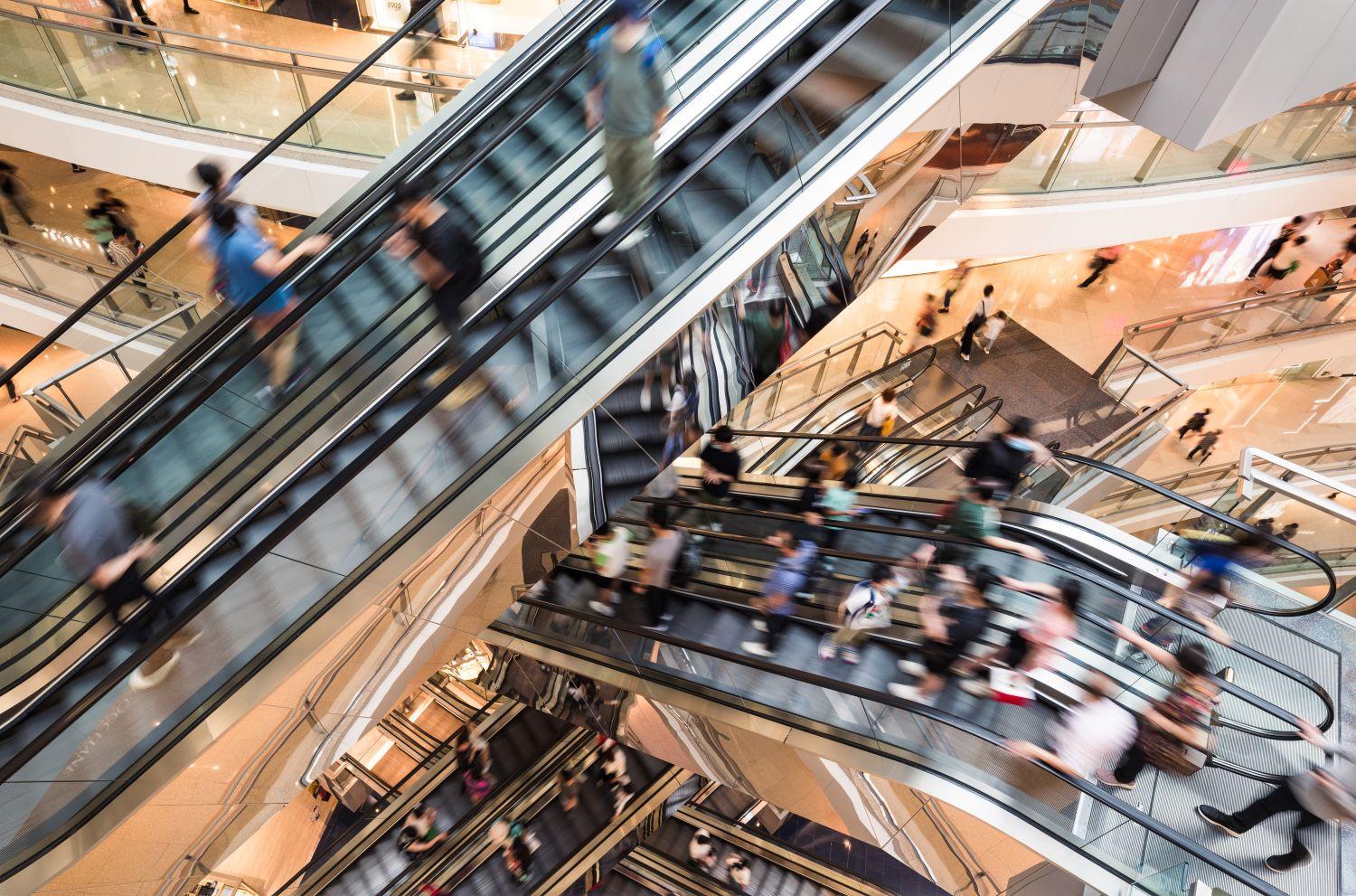
Learn more about the economy, retail industry and consumer.
The latest data shows that consumer sentiment is no longer in freefall; however, it remains at historically low levels by most measures.
Nonetheless, consumer spending seems to be holding up — for the time being. Whether consumer uncertainty translates into an extended period of weaker spending is an issue for debate, but let’s put that to the side for the moment.
Business sentiment is something we should be watching more closely. In previous recessions, business investment — not consumer spending — was the main contributor to GDP declines. In recent surveys of chief financial officers, sentiment both toward the economy and their own businesses has been weak: Retail CFO sentiment toward their own businesses is currently lower than at any point in the last four years.
Uncertainty doesn’t just hit consumers hard. Businesses struggle to cope with it as well — especially retail businesses that are ordering inventory six, nine or even 12 months in advance of it hitting shelves. After ramping up orders to get ahead of tariffs, we are seeing clear signs that retailers are pulling back on orders as well as spending less on investment and hiring.
The total number of retail hires in April was the lowest April reading we’ve had in over 25 years.That’s 14,000 fewer hires than the lowest point during the Great Recession. So far this year, the retail industry has only created 3,000 jobs. The warning signs are there.
This isn’t just a retail problem. Our industry supports more than one in four jobs in the United States; 23 million are in other industries — and many are high-income jobs. Creating uncertainty for retail businesses can have a dramatic spillover effect on the broader economy. The longer businesses face an uncertain environment, the more likely we will see a slowdown, if not a recession.
The good news is that this scenario isn’t inevitable. Consumer finances still look relatively strong, and unemployment remains historically low. If the business environment stabilizes, it’s not too late for our economy to get back on the right track.